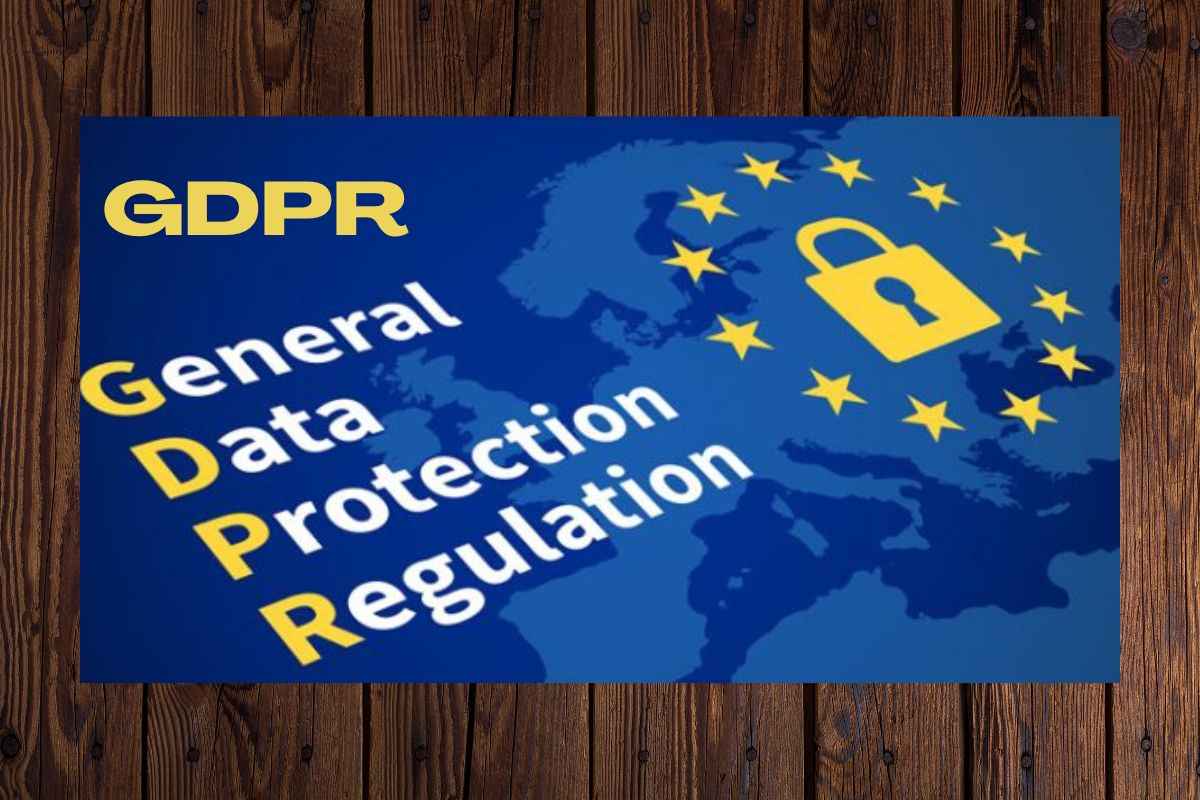
If you’re a business and you collect, process, and store customer data in any regard, you’re required to appoint a GDPR (General Data Protection Regulation) representative.
Since GDPR was enforced back in 2018, businesses in both the UK and EU have had to take on new roles and responsibilities in regard to customer data. Seemingly overnight, everything changed in how governments viewed personal data, and businesses were forced to make changes to how they handled it. After all, it was free reign for corporations and businesses around the globe — when data was viewed as only a commodity.
But things have changed, and businesses have had to adapt. Many are still in the dark when it comes to how to properly handle data and remain compliant to keep their business in good standing and avoid the hefty penalties that can be a result of data misuse under GDPR law.
The implementation of GDPR has had a profound impact on UK businesses in particular. Since the UK fully left the EU in 2020, the UK government has made amends to its own GDPR laws. This has sent UK businesses through another loop, and many are still trying to find their footing so that they can continue to safely and properly do business within the EU.
In this article, we’re going to discuss when your business should appoint a GDPR representative, along with the benefits they provide.
Table of Contents
It’s important to know exactly what GDPR is and its functions so that you can understand why and when your business should appoint a GDPR representative. GDPR is a set of data protection regulations that were first enforced by the EU in 2018. Driven in part by the increasingly sinister activities of corporations harvesting data, GDPR seeks to put the rights of the individual above corporations and makes control over personal data a human right.
GDPR puts the rights of individuals before businesses. This means that businesses no longer have the freedom to collect and manipulate data like some were before. Now businesses are required to handle data lawfully within the bounds of GDPR. These laws, which have variants all over the world now, make data transparent and grant individuals full, actionable rights to their data, how it’s handled, and when it should be erased. Businesses that collect, process, and store customer data must oblige and show they’re compliant with these new laws and regulations.
Your business needs to appoint a GDPR representative if you process large amounts of data from EU data subjects (individuals) or if you process special categories of data, but don’t have a physical presence in the EU.
Businesses must have a GDPR representative to continue to operate in the EEA (European Economic Area) if they’re collecting, processing, and storing the data of individuals in that area. If you fall into these categories, then you should appoint a GDPR representative as soon as possible so that you can operate fully within the EU.
You’ll need to consistently show your business remains compliant with GDPR laws, however, which is what a GDPR representative can help you with. And you’ll enact and deploy a GDPR representative in writing, giving them permission to act on your behalf. Your GDPR representative will be either an individual, a company, or a group of individuals acting in your best interests.
GDPR representatives play an important role today for businesses that want to conduct business in the EU and remain compliant to avoid the repercussions of trespassing on GDPR laws.
GDPR representatives have the all-important job of representing your business and your interests overseas. By acting on your behalf, they can show the authorities that you, as a business, are collecting, processing, and storing data in full compliance with the GDPR laws and regulations.
They also act as your contact point, sending and responding to important information between your business and regulatory authorities when necessary, as well as acting as your direct link between your business, your data subjects, and the regulatory authorities. In this sense, they embody and represent your business and act in your best interests so that you may continue to conduct business as usual.
They fulfill many important roles for your business and its best interests. They act as the first, direct point of contact for your business. They send and receive legal documentation, keeping your business and the supervisory authorities in the know. They act as an authorized agent, responding to queries that the authorities or data subjects may have. They create and store processing records that show how you’ve been handling data that supervisory authorities may wish to access. And they’re also responsible for being subject to enforcement proceedings in case your organization is ever non-compliant in some manner with GDPR regulations.
Why Proper Export Packing Matters Exporting fragile and valuable items requires careful planning. Incorrect packing…
Pallet racking plays a central role in how a warehouse functions day to day. The…
Owning commercial property represents a significant financial and operational commitment. Whether the asset is a…
Exploring island beaches, diving locations, or the energetic city life are all amazing experiences when…
Growth in the mortgage sector requires more than increased case volume. Advisers must balance commercial…
Acoustics are crucial in any space, whether it's an office, classroom, or home workspace. Poor…